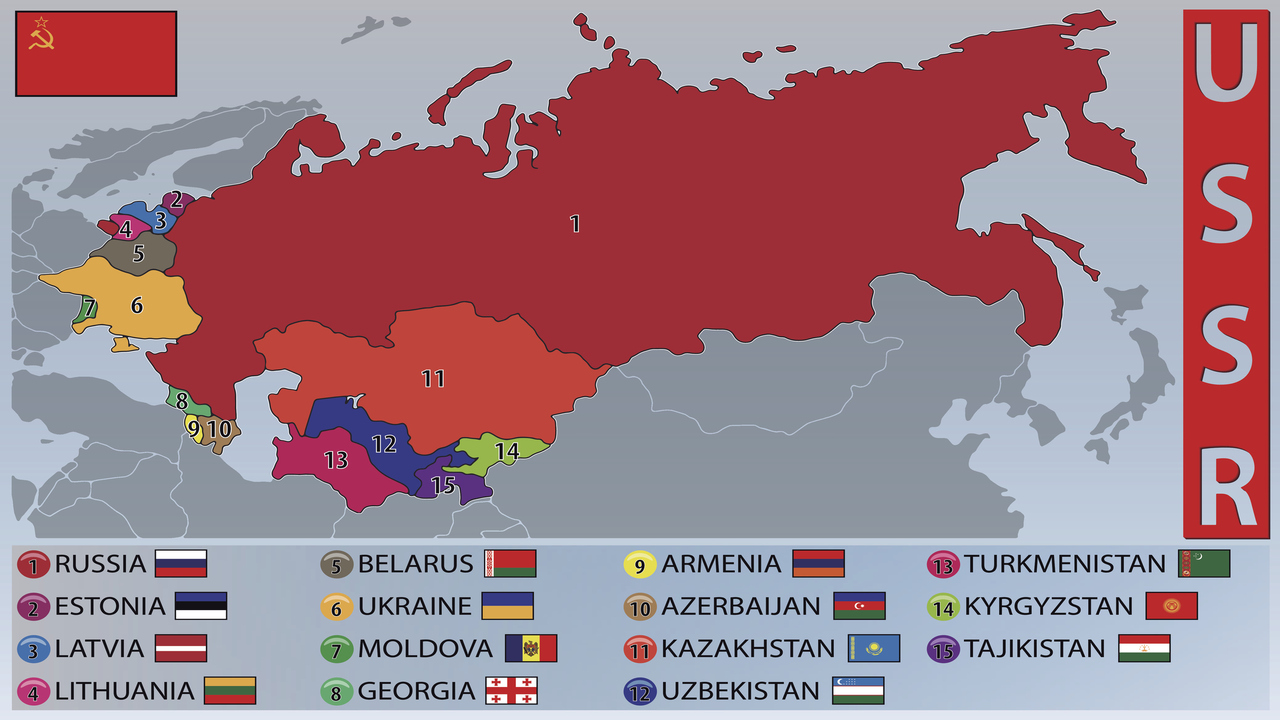Throughout the 20th century, socialism has caused mass poverty wherever and whenever it has been implemented. On the other hand, during the same period, capitalism has an untarnished track record of increasing prosperity and creating a better standard of living for everyone.
There are several reasons to account for the stark variances in outcomes between these two economic philosophies, but the most important is human nature.
Capitalism creates wealth by depending on humans’ desire for innovation and self-interest. Socialism relies on central planning and coercion. Because humans are poor central planners and do not respond positively to coercion and force, socialism leads to the destruction of wealth.
In other words, capitalism embraces humanity’s quest for freedom in its most fundamental form, while socialism centers on subjugation at the hands of the state.
This isn’t merely theoretical. We have more than a hundred years of examples that reveal the economic failures of socialism. From the Soviet Union to Cuba to Venezuela, socialist regimes have been unable to create wealth because socialist systems are designed to redistribute existing wealth, leading to internal strife, anger, envy, and frustration among workers. Ultimately, socialist societies always descend into wealth-destroying, poverty-ridden wastelands.
How, exactly, is capitalism able to be so successful? As John Stossel notes, “Capitalism creates wealth because under capitalism, unlike socialism, transactions are voluntary.”
Stossel expands on this concept by explaining that when capitalism made its worldwide debut about 250 years ago, “For the first time, ordinary people were allowed to profit from private property. Specialization of labor created efficiency that let people produce more with less. Then they traded to get more. That created wealth.”
Put another way, capitalism bucked the status quo by allowing individuals the basic freedom to pursue their own desires, which included the acquisition of private property. Unbeknownst to many today, the private property revolution, which was and is integral to the capitalist system, was a literal game-changer.
In a capitalist society, the economy is dynamic. If the economy were a pie, in a capitalist society, the pie would continuously increase over time because of innovations and entrepreneurship. Yes, some might have a bigger slice of the pie at any given point in time, but the total size of the pie constantly grows, so everyone’s piece of the pie increases as well.
The goal in free-market capitalist systems (not crony capitalist models) is to try to create the conditions under which everyone can become increasingly more wealthy, but socialists take a totally different approach. They view the economy as a zero-sum game. The economy, according to their rationale, is like a pie that does not grow via dynamic forces. Rather, in a socialist society, the economy is overseen by a group of central planners who somehow claim to have the wherewithal and foresight to micromanage billions of transactions in an economic ecosystem that is so complicated and intertwined no one could ever effectively pull off this impossible task.
This is why socialist economies stagnate, do not create wealth, and inevitably devolve into corrupt kleptocracies that benefit the ruling class and impoverish the masses.
More than a century of history shows that socialism has failed to create wealth. The Soviet Union was a hopelessly backwards behemoth that was so incapable of creating wealth that it could not even feed its own population. Not surprisingly, the same thing has occurred in China, Cuba, North Korea, and several other socialist countries. A few decades ago, Venezuela was a thriving capitalist nation. Today, its people are literally starving to death and must live without the most basic necessities, all because of socialism.
In the meantime, capitalism has proven to be the world’s greatest wealth generator, one that has lifted billions from poverty.
The next time someone says that socialism is a moral force for good and capitalism is an immoral system, think about the hundreds of millions who have suffered under the specter of socialism, and remember the billions whose lives have been improved by capitalism.
Capitalism is an incubator for freedom, innovation, and monumental human achievements. That’s not an opinion; it’s a historical fact.
Chris Talgo (CTalgo@heartland.org) is the editorial director and a research fellow at The Heartland Institute, as well as a researcher and contributing editor at StoppingSocialism.com.






